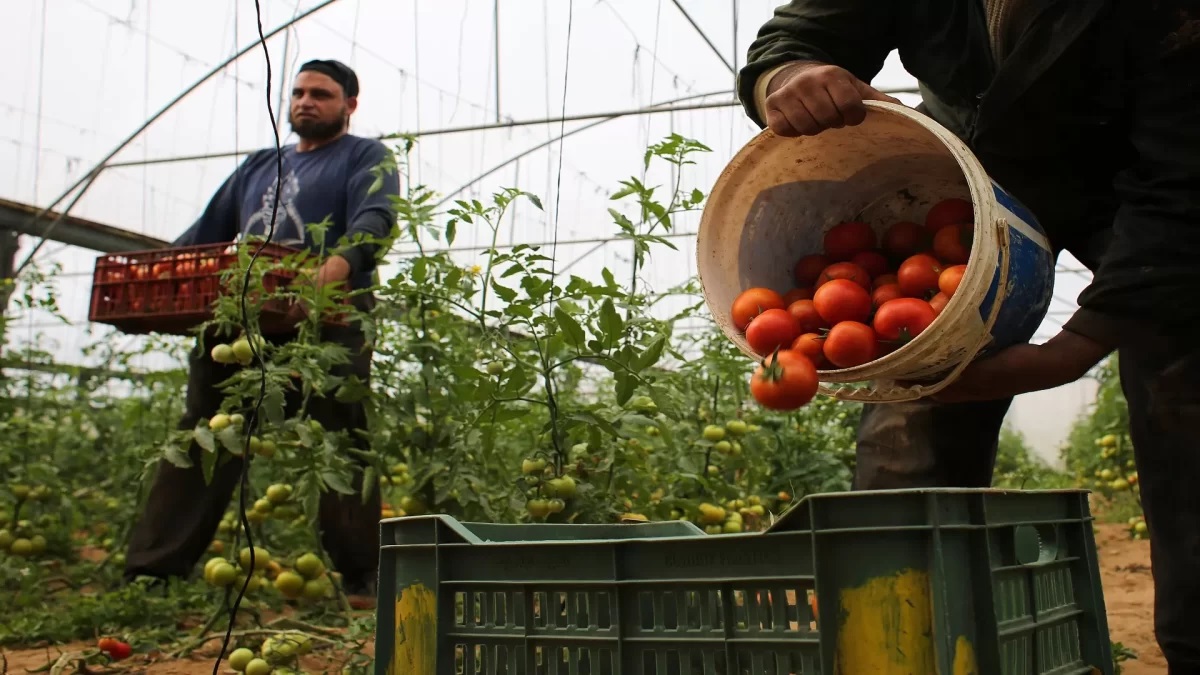Watan-The Hebrew newspaper “Yedioth Ahronoth” sparked widespread controversy with allegations about the Jordanian authorities increasingly exporting “tomatoes” to Israel, despite the severe Israeli aggression on Gaza.
The newspaper “Yedioth Ahronoth” mentioned in its report that Israel has been increasingly importing Jordanian tomatoes, reaching 500 tons in the past seven days, according to its claims.
The newspaper explained that Israel has substituted Turkish vegetables through Jordan due to statements by President Recep Tayyip Erdogan, criticizing the occupation and its crimes.
Yedioth Ahronoth discussed the weekly increase in tomato imports from Jordan, stating that without these imports, tomato prices would significantly rise due to a substantial shortage from other sources.
Israel had previously relied on Turkish vegetables, as well as those from settlements near Gaza, which were attacked by Palestinian resistance in October of last year.
Quoting the Israeli Ministry of Agriculture, the report affirmed a trend of reducing imports from Turkey in favor of increasing quantities of Jordanian tomatoes each week.
The ministry explained that exports for the current year exceeded half a million tons, an increase from the previous year, distributed to 26 markets worldwide. Regarding exports to areas under Israeli occupation, the ministry stated that most of them transit through the port of Haifa to Europe due to northern and eastern border closures.
It emphasized that a significant portion of exports goes to the West Bank, with a small portion being individually exported by some non-affiliated exporters who operate independently and under their private contracts, not associated with the ministry.
Furthermore, the ministry reiterated that the government plays no role in these exports. The exports to the Israeli and Palestinian sides, as well as transit, constitute only 3.1% of total exports and do not significantly impact overall exports, as reported by the Jordanian site “garaanews.”
